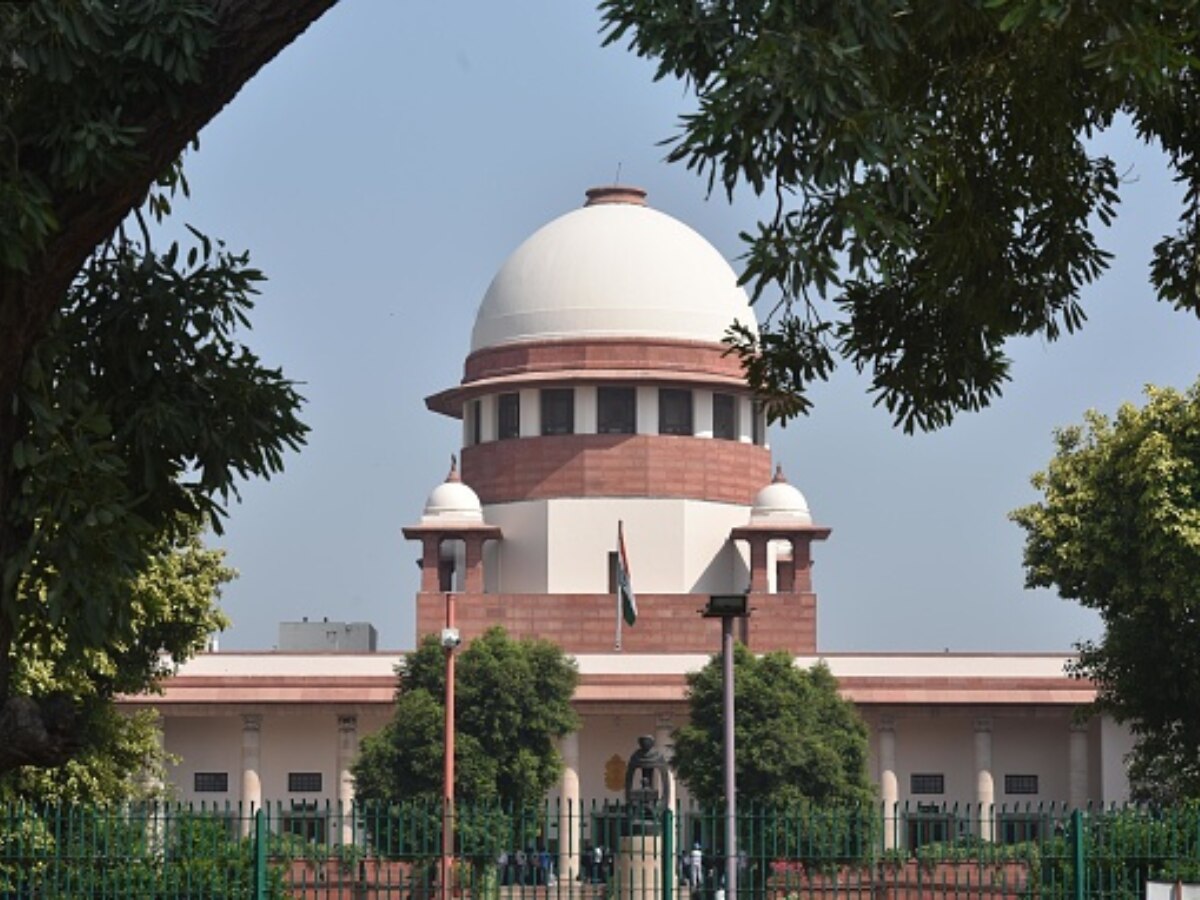The Supreme Court on Tuesday agreed to refer a batch of pleas challenging Section 124A of the Indian Penal Code, which criminalises the colonial-era offence of sedition, to a Constitution bench of at least five judges, reported news agency ANI.
The bench, led by Chief Justice D Y Chandrachud and including Justices J B Pardiwala and Manoj Misra, declined the Centre's request to postpone the reference to a larger bench, even as Parliament is in the process of re-enacting provisions of the penal code, reported news agency PTI.
Previously, on May 1, the apex court had deferred the hearing on these petitions after the Centre informed the court that it was in advanced consultations regarding a re-examination of the penal provision.
The sedition law, which was introduced in the penal code in 1890 — 57 years prior to India's independence and nearly 30 years after the IPC's inception — prescribes a maximum life imprisonment term under section 124A of the IPC for acts aimed at fostering "disaffection towards the government."
On August 11, the Centre introduced three bills in the Lok Sabha as part of a landmark effort to revamp colonial-era criminal laws, including the IPC, CrPC, and the Indian Evidence Act. These bills proposed the repeal of the sedition law and the introduction of a new provision with a broader definition of the offence.
Last year, the Supreme Court temporarily suspended the penal law on sedition until an "appropriate" government body reviewed it. Additionally, the court directed both the Centre and the states not to initiate any new FIRs invoking the sedition provision. This suspension also applied to ongoing investigations, pending trials, and all proceedings involving the sedition law across the country.
The three-judge bench explained that such a move to refer the case to a larger bench was necessary because a previous five-judge bench had upheld the provision in the 1962 judgment of Kedar Nath Singh vs State of Bihar. The bench felt that as a smaller bench, it was not appropriate for them to cast doubt or overturn the Kedar Nath precedent.
In their order, the bench, which also included Justices JB Pardiwala and Manoj Misra, highlighted that Kedar Nath had been decided based on a limited interpretation of fundamental rights that was prevailing at the time. Kedar Nath examined the issue solely from the perspective of Article 19, in accordance with the earlier understanding of Constitutional law, which separated fundamental rights into distinct categories. However, subsequent judgments altered this legal understanding, emphasizing that Articles 14, 19, and 21 operate in harmony.
The bench declined the Central Government's request to postpone the hearing in light of a new bill introduced in Parliament to replace the Indian Penal Code. They clarified that even if the new bill were to become law, it would only apply prospectively and would not affect past cases under Section 124A IPC. Consequently, the need for a constitutional examination of the validity of the provision remained unaffected.
The bench also directed the court's administrative side to place the case papers before the Chief Justice of India for consideration, with the aim of forming a bench consisting of at least five judges to address this significant legal matter.


